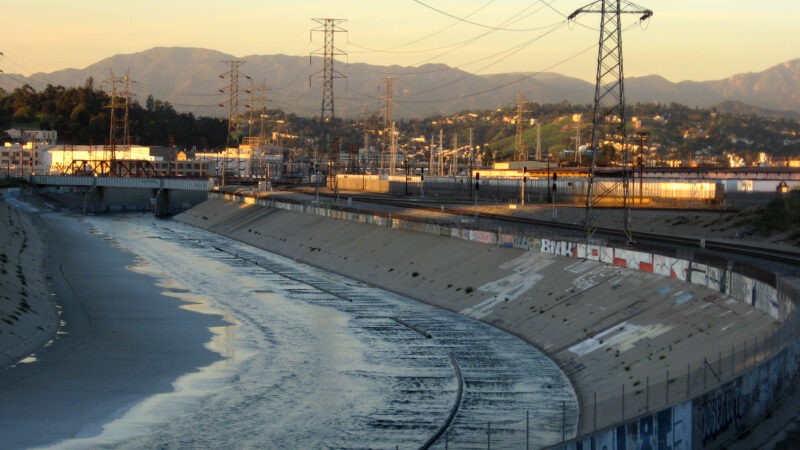
Fifty years ago, the federal government passed the Clean Water Act to clean up the nation’s rivers, lakes, and oceans, many of which were polluted to dangerous levels. The State and Regional Water Boards were charged with implementing the Act here in California. In addition to setting statewide water quality standards and policy and issuing regulations, the Water Boards are also charged with enforcing water quality rules and penalizing violators.
Under current law, those who violate water quality rules (say, by discharging more of a chemical into a river than is allowed) have two options. The first option is to create a Supplemental Environmental Project to clean up the water in the community in which the violation occurred. Nearly all violators, however, choose the second option: paying a penalty into the State Water Board’s Cleanup & Abatement Account. They prefer this option because it allows them to write off their liability. Historically, the State Water Board has returned much of the money from the Cleanup & Abatement Account to the Regional Water Boards in order to clean up waterways in the communities most impacted by pollution.
Unfortunately, however, in recent years the State Water Board has sent an increasing share of Cleanup and Abatement Account monies to only a select few Regional Boards – leaving the majority of California communities (including many low-income communities of color) without the funding necessary to clean up polluted waters. Because water quality violators can simply send money to the State Water Board in lieu of cleaning up after themselves, but the Water Board no longer sends that money back to local communities at the same rate, many disadvantaged communities around the state have seen water quality issues persist or even worsen.
Until these communities receive more funding from the Cleanup and Abatement Account, they will continue to lack the resources to clean up their local waterways. As a result, in California’s most underserved communities, drinking water costs more to treat, recreational and subsistence fishing opportunities are limited, and – in extreme cases – people are sickened by dangerous concentrations of heavy metals or poisonous algae blooms in local rivers. That is why California Coastkeeper Alliance is partnering with Assembly Member Papan to introduce Assembly Bill 753 in order to ensure pollution fines and penalties are sent back to the community originally harmed by water quality violations.
AB 753 will make several important changes to how money in the Cleanup and Abatement Account is spent, without increasing fines or fees. Specifically, this legislation will require that 50% of Cleanup and Abatement Account funding be sent to a Waterway Recovery Account. That account will then fund projects to: (1) restore communities faced with historic water pollution violations; (2) improve monitoring of water quality to ensure that remediation funding is spent where it can have the most impact; and (3) develop a community capacity program so that residents in the most underserved communities can participate in California’s water policy regulatory and permitting processes.
Together, these measures will ensure that the Water Boards are using limited resources to clean up polluted waterways in the state’s underserved communities and move California towards achieving fishable, swimmable, and drinkable waters for all Californians.

Executive Director Sean Bothwell leads CCKA’s initiatives to fight for swimmable, fishable, and drinkable waters for all Californians.



